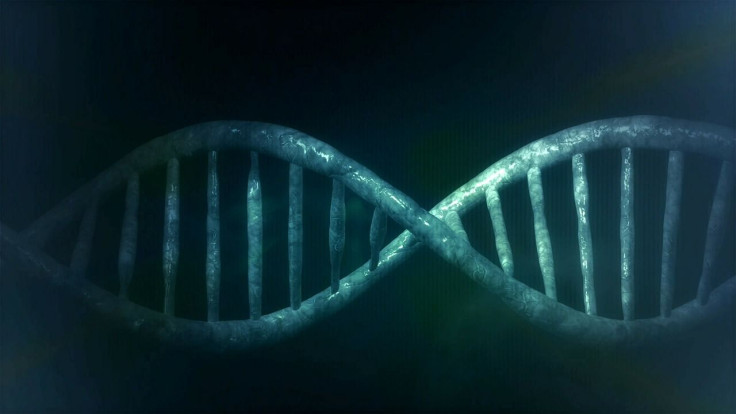Ancestry.com Wants To Use Your DNA To Reveal Risk Of Disease, But It Needs FDA Approval First

Ancestry.com says that “discovering your history is easier than you think.” Granted, this may be true for some; they’ve had plenty of celebrities find out who their ancestors were and what they did. However, now Ancestry wants to discover something completely different. It wants to use your DNA to find out more about your medical history.
The company claims to have the genetic information of more than one million customers who have used its $99 DNA kits, and it's now in preliminary talks with the Food and Drug Administration (FDA) to use this information to tell customers what their ancestors' health and disease history means for them. "We think it's totally appropriate that the FDA has stepped in to pretty aggressively regulate direct-to-consumer genetic tests,” Ancestry CEO Tim Sullivan told The Verge. “We're just starting from that perspective, and trying to work very closely with them."
The $99 kit takes saliva and puts it through genomic analysis to show a customer their ethnic origins, ancestors, and relatives. Using this kit, Ancestry hopes to decipher exactly how DNA affects a person’s risk of developing a disease. The FDA doesn’t currently allow direct-to-consumer genetic tests, however, and has blocked other genetic-testing companies like 23andMe from doing what Ancestry plans to do.
For years, scientists have know that your DNA can tell you how at-risk you are of developing a certain disease. 23andMe has long said that it’s DNA kit could tell you exactly how high or low your risk was, at least until the FDA halted sales of the kit in 2013 because the company couldn't verify its products validity. The company also didn’t provide people with the support of doctors, who would advise patients on whether or not they should get any kind of treatment based on their results. These inconsistencies became even more apparent when New York Times reporter Kira Peikoff ran a test of three different genetic-testing kits, one of them 23andMe’s, and found that all three had wildly different results. She found she was at risk for psoriasis and rheumatoid arthritis, according to one kit, while another said she wasn’t at risk at all.
“A lot of people want to get into the genomics risk assessment game. It's seen as highly lucrative," Art Caplan, a bioethicist at New York University told The Verge. "I don't think they're giving customers straight information about their ancestry — and I'm wary when I hear them saying, 'Oh well now we're in the health business.'"
Though scientists have taken many steps in decoding our DNA and finding out what it all means, there is still a lot of work to be done before we can accurately predict the risks we have of developing certain diseases.



























